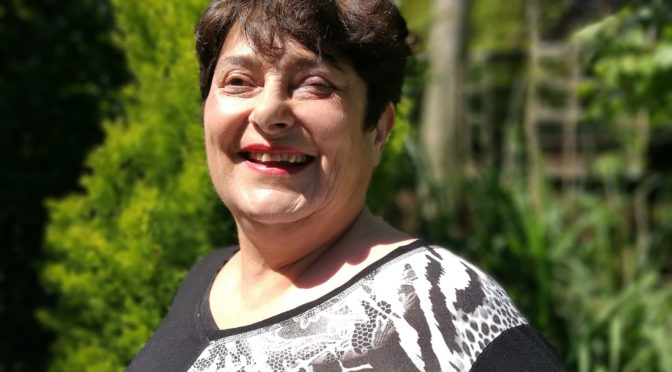From Penny Melville-Brown OBE

- “Ensure fairness and equality – we will empower disabled people by promoting fairness and equality in opportunities, outcomes and experiences, including work.
- Consider disability from the start – we will embed inclusive and accessible approaches and services to avoid creating disabling experiences from the outset.
- Support independent living – we will actively encourage initiatives that support all disabled people to have choice and control in life.
- Increase participation – we will enable greater inclusion of a diverse disabled population in the development and delivery of services, products and policies.
- Deliver joined up responses – we will work across organisational boundaries and improve data and evidence to better understand and respond to complex issues that affect disabled people.”
So good so far and, sometime, someone will hopefully provide the baseline and target data so we can actually measure performance against all those stirringly impressive goals. But there’s another wrinkle: surely the Equality Act has already had 10 years to achieve pretty much the same? It may be too optimistic to expect a mere ”strategy” to do better when it doesn’t have the muscle of legislation or the alleged enforcement role of the EHRC.
Step forward Part 3 to provide that essential accountability muscle: hapless Ministers making personal commitments for their respective Departmental actions. Presumably, each time there’s a reshuffle, new faces and names will simply replace them. Perhaps it would be a good idea to include the top mandarins too as they might have more longevity?

It seems curmudgeonly to look this gift horse in the mouth by asking if the commitments of Government Departments tackle the most important challenges facing disabled people. The original strategy concept seemed so brilliant but the end-product gives the overwhelming impression of civil servants desperately cobbling together actions that were already underway or would cost little or nothing in the future. For example, extending jury service to Deaf people is certainly overdue but where’s the data and commitment to reducing the wholly disproportionate number of prisoners with mental health conditions. Both are important but probably don’t have the same impact on society and fairness. Likewise, there are huge gaps in the “strategy”: the Treasury doesn’t feature so presumably there’s no link between financial or tax policy and fairness; likewise, that massive NHS waiting list and its potential to double the disabled population doesn’t merit a mention.
The strategy is like that weary buffet after someone has taken all the choice cuts: an unappetising mismatched miscellany of scraps. If this brilliant concept is to realise its political potential, Government needs to go back to the drawing board: ask Departments to share the data about where their current policies, practices and procedures have the most negative impact on fairness and equality for disabled people and then tell us what they are going to do about it. We want dates, data and targets that will prove that there has been real progress plus the carrots and sticks to motivate them. Meanwhile, this disabled person isn’t holding her breath for any significant change and just wishes that Government acknowledged that equality law applies to them too: leading the way would encourage the rest of society to do better too.
(P.S. It’s taken me longer than hoped to read the strategy: the “Special” Policy Adviser in the Cabinet Office didn’t really understand what accessibility means in relation to blind people – say no more)
Best wishes,
Penny Melville-Brown OBE

